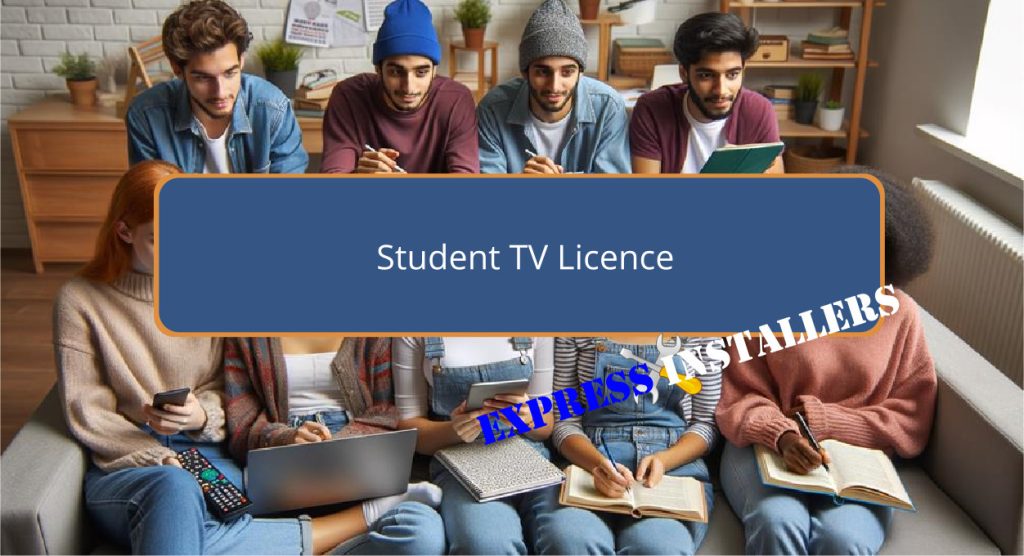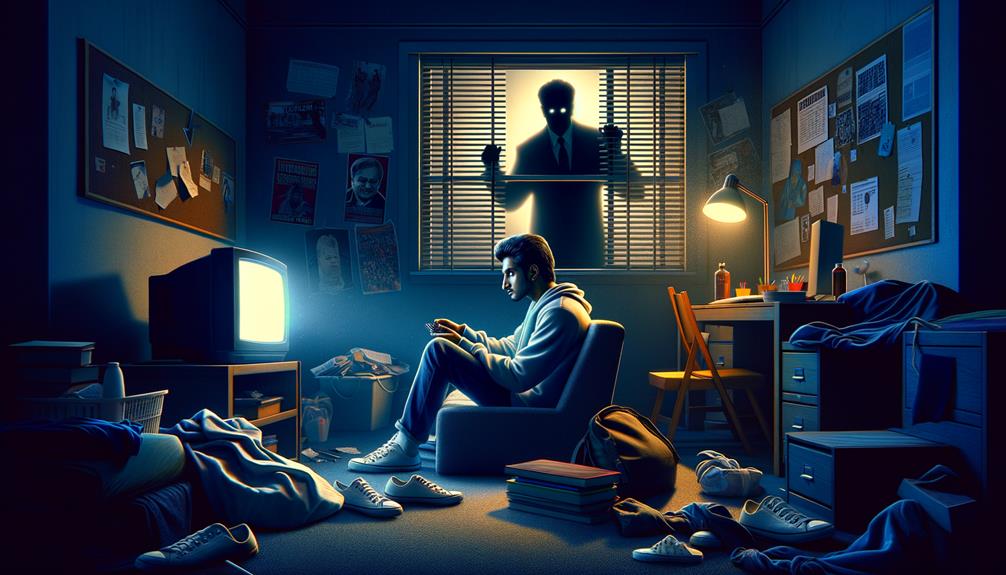
Students living in shared accommodations generally require a single TV licence, while those in separate accommodation need individual licences.
It’s essential for students to understand their responsibilities to avoid legal issues, including potential fines up to £1,000.
Cost management strategies can include splitting fees among housemates and claiming refunds for unused months during non-term periods.
Adhering to TV licencing laws is necessary to prevent any legal consequences or inspections.
Students may also be eligible for concessions or refunds by following specific criteria outlined by the TV Licensing authority.
Further exploration will uncover more details on how to effectively manage your TV licence needs as a student.
Quick Summary
- Shared accommodation typically requires only one TV licence per household.
- Individual tenancy agreements require separate TV licences for each student.
- Students can split licence costs or claim refunds for unused portions during non-term periods.
- Non-compliance with TV licence requirements can result in fines up to £1,000.
- Refund options are available for students, applicable for the final three months of the licence.
Understanding TV Licence Requirements
Understanding TV licence requirements is essential for students to ensure compliance with broadcasting regulations while studying away from home.
For students residing in shared accommodation under a joint tenancy agreement, a single TV licence generally suffices for all residents.
However, the scenario differs in accommodations with individual tenancy agreements, where each student must obtain a separate TV licence.
This delineation emphasises the importance of student responsibility in understanding and adhering to their specific living arrangements to avoid legal pitfalls.
Conversely, commuting students might fall under the umbrella of parental responsibility, as they can often utilise the coverage provided by their parents’ TV licence when using portable devices like laptops and tablets for watching live TV.
Managing TV Licence Costs
Managing TV licence costs effectively requires students to be aware of various strategies, including the possibility of splitting the fee in shared accommodations and applying for refunds during non-term periods.
Budgeting tips such as tracking expenses and setting aside a portion of savings specifically for the TV licence can prevent last-minute financial strain.
Additionally, establishing clear housemate agreements about splitting the cost of a TV licence can guarantee all parties contribute fairly, thereby maintaining harmony and financial responsibility within the shared living situation.
Students should also maximise the refund policy by claiming back for periods they spend away from their university accommodation, such as summer breaks, which can greatly reduce the annual cost.
Consequences of Non-Compliance

While effective management of TV licence costs is important, students must also be aware of the serious consequences of failing to comply with licensing regulations.
Non-compliance can lead to severe legal implications, including prosecution and hefty fines up to £1,000.
Ignoring communication from TV licensing authorities, especially notices about unpaid licenses, may trigger personal inspections by inspectors.
These circumstances can escalate, resulting in mandatory court appearances for the individual involved. Such legal proceedings not only pose a financial burden but also taint personal records.
It is, hence, essential for students to adhere strictly to TV licensing laws, ensuring they remain well-informed and compliant to avoid these potentially serious consequences.
Refund and Concession Options
Students returning home for the summer may be eligible for a refund on the final three months of their TV licence, provided they meet specific criteria.
The refund process is streamlined for convenience, requiring students to initiate a claim through the TV Licensing website.
Supporting documents must be submitted to confirm the eligibility.
| Criteria for Refund | Details |
|---|---|
| Remaining Licence | Must have at least one full month left |
| Application Method | Online through TV Licensing website |
| Documentation | Proof of student status and licence |
| Concession Eligibility | Terms apply for students only needing licence during term time |
This setup ensures that students can effectively manage their expenses by reclaiming funds when they are not in need of the licence.
Frequently Asked Questions
Do Students Get Free TV Licence?
Students do not receive free TV licences. Eligibility criteria require a paid licence for various accommodation types unless covered under a parent’s licence when living away from home for educational purposes.
What Is the Loophole for Student TV Licence?
The loophole allows students in shared accommodation to watch live TV on portable devices at their term-time address using their parents’ licence, provided the device is not plugged into the mains.
Do Students Need a TV Licence to Watch Netflix?
Under current streaming regulations, a TV licence is not required for watching Netflix or similar on-demand streaming services. License enforcement applies only to live TV and BBC iPlayer streaming.
Can I Use My Parents TV License as a Student?
Yes, you can use your parents’ TV license as a student if watching on portable devices not plugged into the mains, even in shared accommodation, due to license transferability for such usage.
Conclusion
To sum up, it is crucial for students to fully understand the obligations associated with TV licence requirements to avoid legal repercussions.
Effective management of TV licence costs can help reduce financial burdens, while awareness of potential refunds and concessions offers additional financial relief.
Adhering to these regulations not only guarantees compliance but also upholds the integrity of broadcasting services, highlighting the importance of responsible viewership within the academic community.
